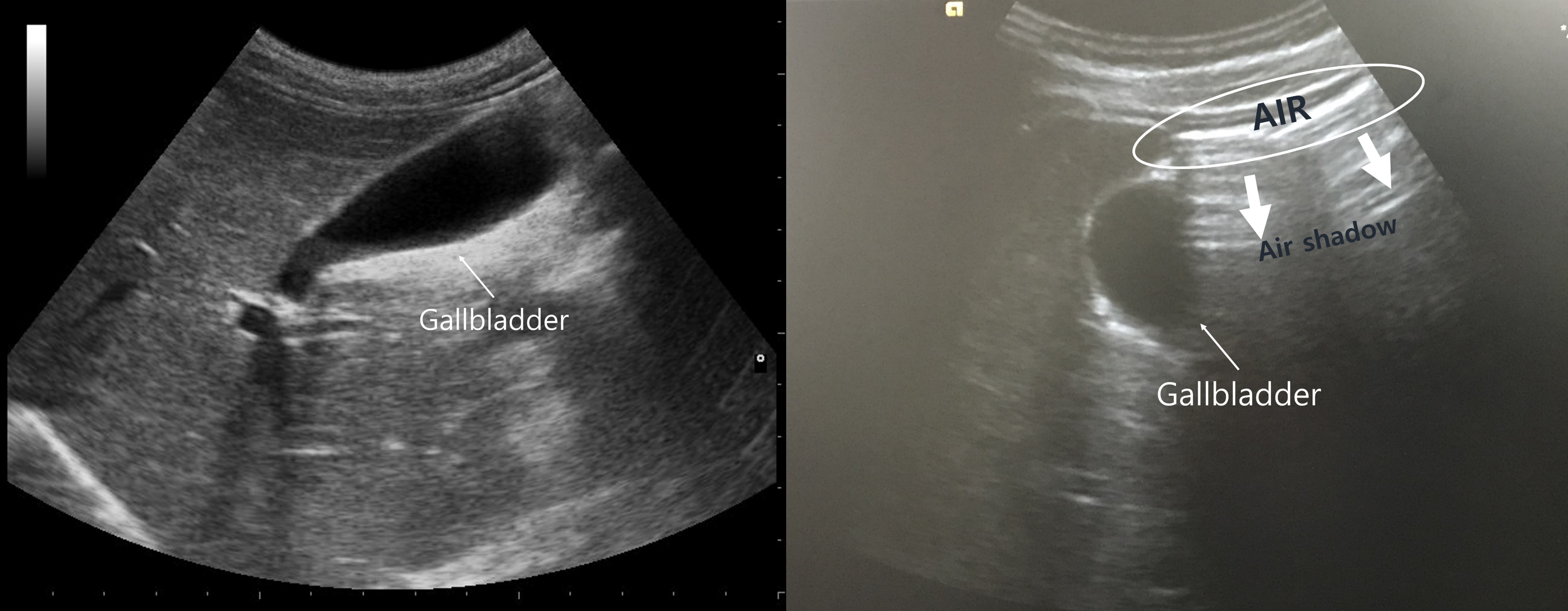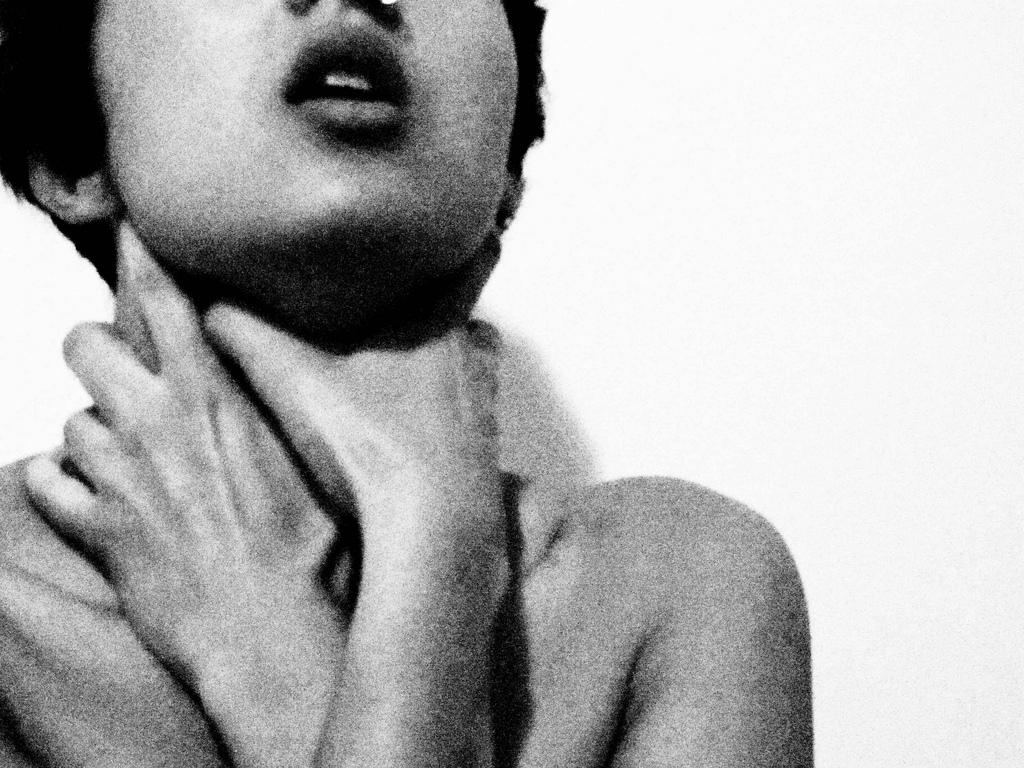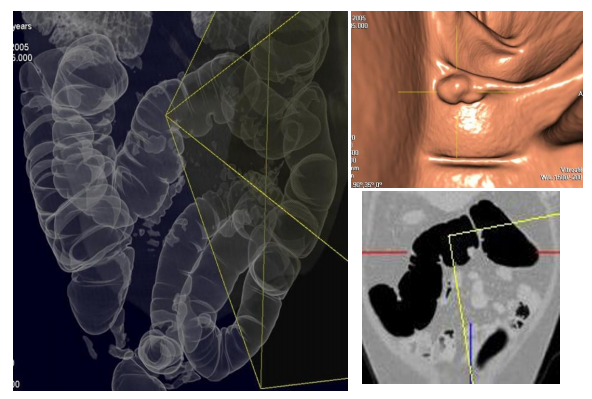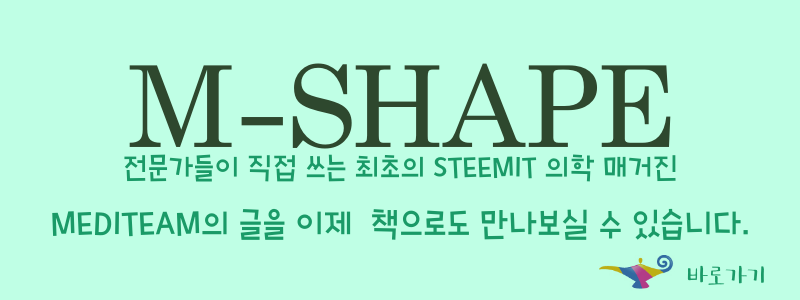Why should I fast before medical check-ups (image test)?
Hello,
Today I want to talk about “fast” before medical check-ups.

In medical terms, 'NPO' (Abbreviation for ‘nil per os’) means “You cannot eat anything with mouth (including water, chewing gum, and candy).”
In fact, fasting is essential in some blood tests, medical check-ups, and surgery as well as imaging tests. (ex: Blood glucose test, Lipid profile test, Endoscopy, Anesthesia in surgery, etc.)
There are different reasons for each test, but today we will focus on imaging tests.
Abdominal ultrasound
Other ultrasounds (thyroid, joints, blood vessels, etc.) do not really need fasting unless it is a special case. Abdominal ultrasound requires at least 6 to 8 hours of fasting. Why does only abdominal ultrasound need fasting?
First, It is not because of food, but because of the air that enters when swallowing. If there is air in the gastrointestinal tract, it is hard to see the pancreas, bile ducts and gallbladder. This is known to be even worse in case of chewing gum than food.
Second, when eating, gallbladder shrinks, which makes it difficult to find lesions in gallbladder. If there is angiography or endoscopy on the same day, the air will enter a lot during the examination, so ultrasound must be performed first. Children need at least 6 hours and infants need at least 4 hours of fasting.

On the left side, where the fasting works well, the gallbladder is visible.
On the right side, where the fasting does not work well, some of the gallbladder does not look good because of air
Sometimes, there are cases of drinking full of water to see abdominal ultrasound. This is because when the water is full in the stomach, the pancreas or bile ducts can be seen better. Likewise, when the bladder is full of urine, it helps to examine the bladder, prostate, uterus, and ovaries.
Contrast enhanced CT and MRI
In general, a six-hour fast is required if you are performing contrast enhancement. This is due to the side effects of contrast agents. Even though it is rare, side effects of contrast agents can cause vomiting or nausea, and vomiting when lying down can cause asphyxia (food blockages the airway) or aspiration (food goes into the lungs). Fasting is essential, as both asphyxia and aspiration can lead to serious situations. Of course, in case of an emergency, you will have to undergo a contrast enhanced examination depending on conditions.

Asphyxia and aspiration are life-threatening symptoms.
The reasons for fasting in the stomach CT or small bowel CT are that stomach and small bowel are filled with neutral contrast agent such as water. In addition, when CT colonography is performed, the colon is emptied by fasting (and, of course, enema is performed before), to fill with carbon dioxide gas. This allows you to get good images and to find lesions easily.

There is a CT to see the colon without endoscopy.
Filling with gas is important before scanning this CT.
Intervention and various procedures
Because most angiography during the intervention procedure uses CT contrast agent, fasting is necessary for the reasons mentioned above (prevention of asphyxia or aspiration). Other non-vessel procedures (drain tube or catheter insertion) determine fasting depending on the type of procedure, sedation, or the judgment of the doctor.
To conclude…
There are two main reasons for fasting in imaging tests. The first is for the safety of the patient and the second is for getting good images. All are for the patient, so if you have been informed about fasting, you should keep it well. Of course I know fasting is very painful as I have experienced it. Still, you have to endure it.
Reference
- [Korean] 최병인. 복부초음파진단학.
- [Korean] 대한영상의학회. 영상의학 물리학 및 품질관리 제3부. 2013.
- Marco Coccetta et al. Virtual colonoscopy in stenosing colorectal cancer. Annals of Surgical Innovation and Research 2009, 3:11.

This work is licensed under the Creative Commons Attribution-Noncommercial-NoDerivatives 4.0 International License.


At present, we all have the tendency of having health risks. We do not know much about health. This time a post that is great post, what it is saying for everyone. Thank you.keep it up
Thank you :-)
I keep trying to post useful information !!
You are also posting good information ;)
Very useful information. I always thought why doctors saying to come after fasting for the tests. Now I know that the air is the problem which prevents clear vision during endoscopy etc. Thank you for making me aware of it.
Thank you!
On endoscopy, air isn't matter, just food is matter.
"Air" is problem on abdominal sonography, not endoscopy ~
Thanks.
Another reason is when some medication are given the presence of food may inhibit their activities e g the HCL acid in the stomach can alter the nature of certain drugs. Hence fasting before medications is medically important
Of course! Many kinds of food influence on absorption and degradation (phamacokinetics)..
In this article, I just focused on image test. ;)
To become a qualified doctor, you need to go through a difficult, but a very interesting path. Having a Doctor of Medical Sciences degree, you can apply for the position of a manager with a high chance of winning. At the moment, my child is on https://www.medicmind.co.uk/medicine-work-experience/ takes preparatory courses. Medical schools have very low admission rates because they only want to recognize the best of the best.